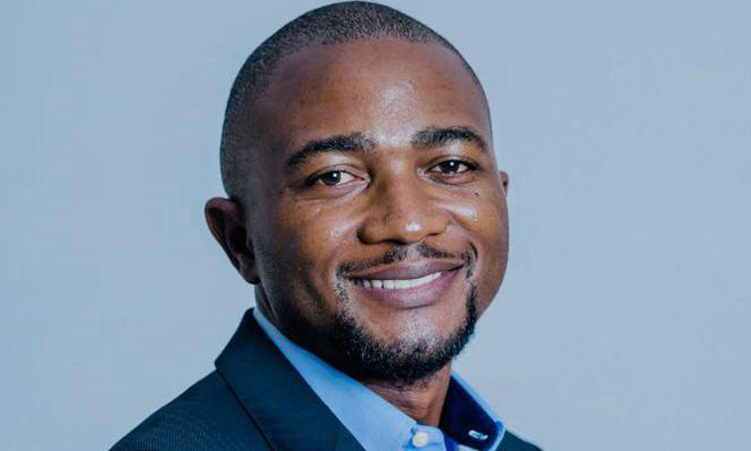Political parties should explain exactly how they plan to address the country’s challenges.
Political analyst Rui Tyitende this week challenged politicians to set out the practical terms of addressing challenges in their party manifestos.
He was speaking at a public dialogue on the political economy at the Namibia University of Science and Technology on Wednesday, focusing on what citizens should expect in election manifestos.
“I want political parties to fully address real issues in their manifestos, and not make vague promises like ‘shared prosperity’ or ‘youth empowerment’.
“We need clear plans, especially on agricultural investment,” said Tyitende.
He said there is a lack of investment in Namibia’s agricultural sector.
“One key issue we must address to tackle poverty is the ongoing disinvestment in agriculture. Serious efforts are needed to reverse this trend if we are to make meaningful progress,” he said.
He said the government spends more money on drought relief than on food production.
Tyitende also said Namibians consider the identity of leaders and where they come from, rather than their ideas.
“If it wasn’t for the political parties, there would be no manifestos, because they know for a fact that even if there were no development blueprint . . . people would still vote.”

Meanwhile, political analyst Ndumba Kamwanyah said there is a big gap between promises made in manifestos and their implementation.
“What is on the minds of the voters is the issue of employment creation, the issue of access to healthcare, quality education and poverty alleviation,” he said.
He said most party manifestos have not changed compared to those of previous elections.
Independent Patriots for Change leader Panduleni Itula at the event said leaders have to be careful when making promises on a basic income grant.
“We need to make absolutely sure the promises we make are actually feasible,” he said.
Itula said leaders need to be factual when making promises and avoid emotional approaches to national challenges.
“And if not, it’s immoral and an offence on the dignity of the elderly to promise them something we cannot deliver,” he said.
Social protection expert Olga Katjiuongua said the trend of unemployment has changed in recent years, leading to more graduates finding it hard to secure employment.
“Most people who struggled in the past to find jobs were people without education,” she said.
Stay informed with The Namibian – your source for credible journalism. Get in-depth reporting and opinions for
only N$85 a month. Invest in journalism, invest in democracy –
Subscribe Now!






